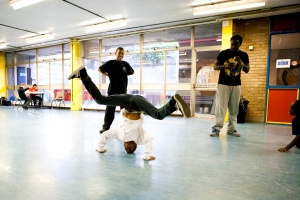
Exploring Part D - Top Tips for Explore Advisers
BY: Alan Lynch
17 Jan 2016
The Arts Award Blog is an opportunity for us to share things we think will be useful to advisers delivering any level of Arts Award. Sometimes we’ll narrow our focus down to one particular level, as with our Off the Shelf resource designed around Bronze. But we’d like to start the year off by talking about a single part within one level. This week we’re going to offer some guidance on Explore Part D - Share.
Why Part D?
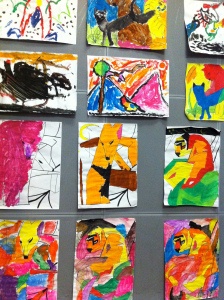 If your centre is selected for moderation, your moderator will complete a short feedback form for each adviser who assessed young people’s work. This form will summarise feedback from the moderation, offering advice to help develop an adviser’s future Arts Award delivery.
If your centre is selected for moderation, your moderator will complete a short feedback form for each adviser who assessed young people’s work. This form will summarise feedback from the moderation, offering advice to help develop an adviser’s future Arts Award delivery.
From these comments we’ll occasionally see trends or common feedback emerging, and Explore Part D is one area which comes up quite frequently. We’ve touched on this previously, when we explained the Discover and Explore toolkit changes, but it’s an area worth covering in more detail given moderator feedback.
What is the feedback?
Part D is where young people look back over their whole Explore journey to identify a particular area of achievement or something they’ve enjoyed, before sharing this with others. It is not presenting a new piece of artwork, or a record of the piece created for Part C.
In the past, some moderators highlighted log books where it’s unclear that a young person has reflected on everything they’ve done for Explore. Often there’s enough that moderators can agree with the adviser and mark Part D as a Pass, recommending that this reflection could be made more explicit next time. But other times young people might not have any evidence of reflecting on their Explore journey as a whole – these can make the difference between an overall Pass or Below Pass.
Tips for avoiding confusion
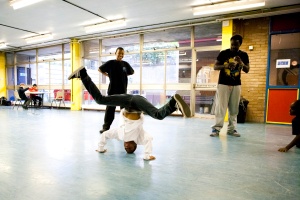
The first, and most important, piece of advice we can offer is: update and follow your toolkit. We changed the most recent Explore toolkit to help clarify what’s required for Part D, so make sure that you’re up to date.
To check if your toolkit is current, look at the contents page. At the very bottom of this page look for the words Fifth edition, January 2020. If you have that version of the toolkit then you’re up to date! However if it says anything else you need to visit www.artsaward.org.uk/toolkit and download the updates. You’ll be asked for login details before accessing these – they’ll be the same details you were given after training. You can also purchase replacement copies of the toolkit from our shop.
As we state in the toolkit, Part D should be a distinct activity from Parts A, B and C. Young people need to reflect on what went well and why, and share this reflection with others.
You could use prompt questions to get young people thinking about their Explore journey, such as in our Explore log book templates. This includes some questions that could be used in Part D such as:
- What was the best bit of completing your Explore award?
- What do you feel most proud about and why?
- What new things have you learnt?
By answering these questions young people can begin to identify areas of achievement and start explaining why these stand out. It’s this which should be shared with others.
How can young people share what they’ve achieved/enjoyed?
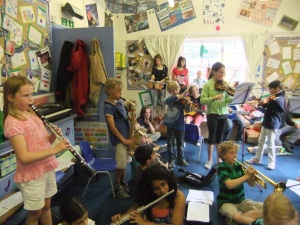
There are lots of ways young people can share what they’ve identified. For example they could deliver a presentation to their class, write a blog for your centre’s website or discuss their achievements with each other in groups. As an adviser you should encourage sharing in whatever format is most suitable for your young people.
There should be evidence in the young people's arts log to show that they have shared what they’ve identified with others though, so however this sharing takes place you need to ensure that arts logs include evidence of it. These could be photographs of a presentation or question and answer session; it could be video of young people discussing their achievements in a group; or you might use screengrabs of a group discussion via a social media channel.
Talk to us!
If you aren’t sure about any aspect of your Arts Award delivery then you can always contact the support team and we’ll be happy to help! Our number is 020 7820 6178, or you can email artsawardenquiries@trinitycollege.co.uk.
Related posts
BY: Alan Lynch
BY: Guest Writer
BY: Kat Stapley-Smith

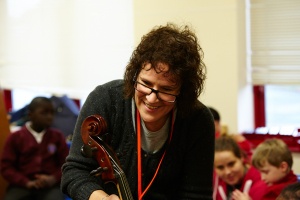

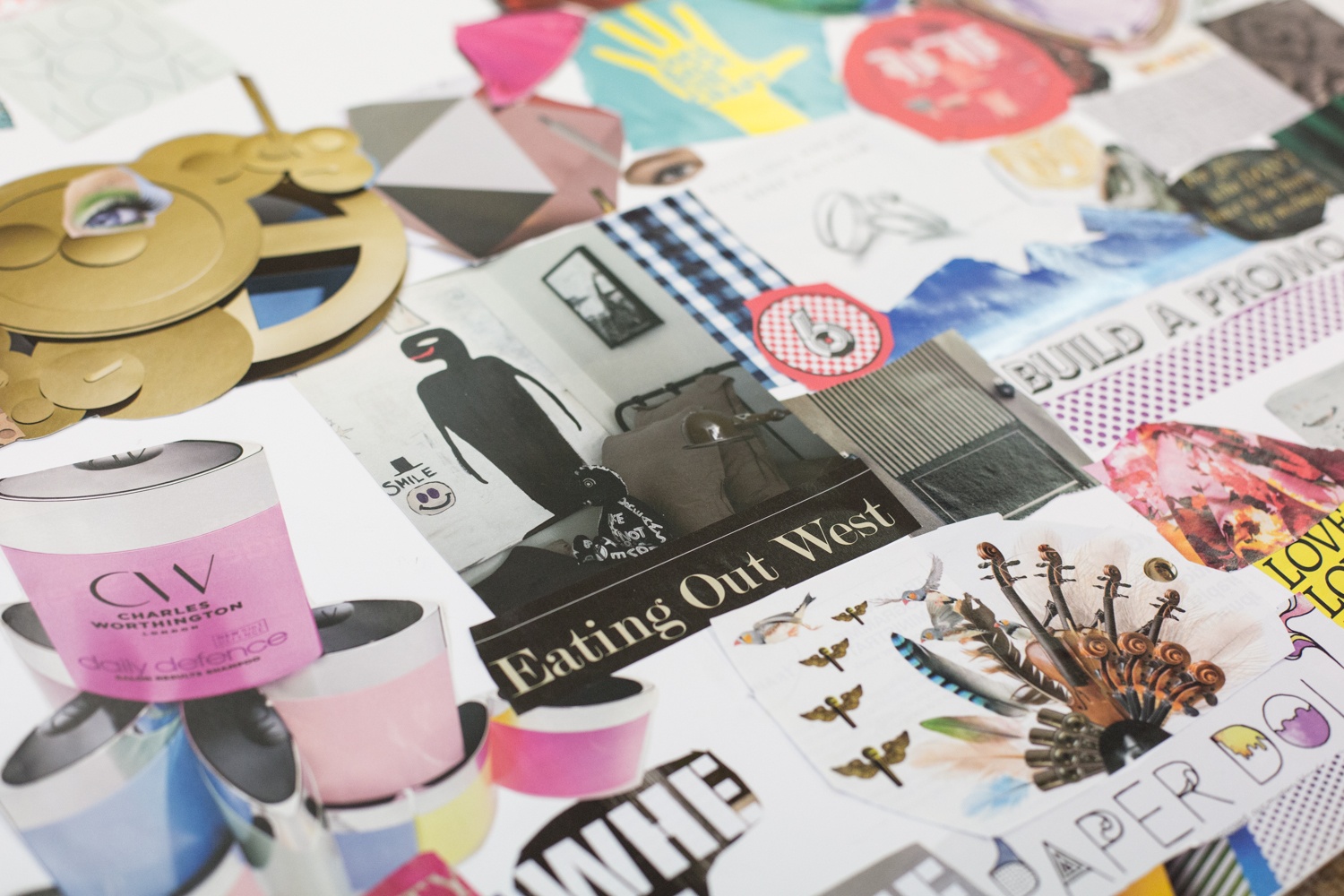
Comments & Replies